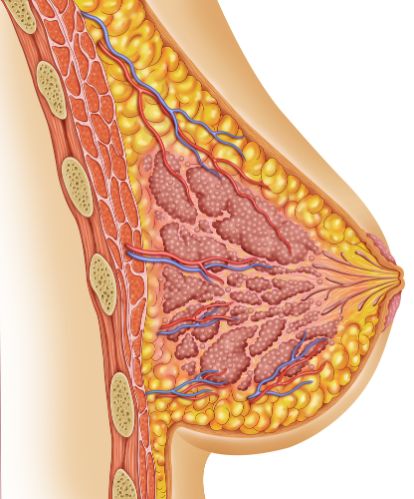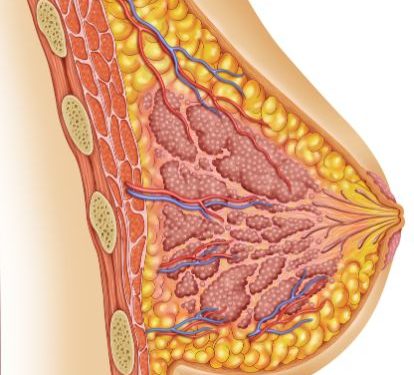The good news is that cancer treatments like surgery, radiation and chemotherapy are very effective at killing or removing breast cancer cells. But these treatments can also leave some cancer cells behind. Over time, those cells can grow and develop into new tumors that spread to different parts of the body. This is called metastatic breast cancer.
Sometimes, these breast cancer cells travel from the original tumor to other parts of the body through your bloodstream or lymph system. They often go to the bones (such as the ribs, spine and pelvis), the liver and the lungs. In some cases, the cancer cells can even reach the brain.
The signs and symptoms of metastatic breast cancer depend on where it spreads. If it reaches the bone, you might feel pain or tenderness. The bones can also get swollen from fluid build-up. If the cancer spreads to the lungs, you may experience chest pain or shortness of breath. Cancer in the liver usually doesn’t cause any signs or symptoms. But it can affect your weight and make you feel sick. Cancer that reaches the brain may cause headaches and a change in your thinking or memory.

You might also notice a lump or indentation in your armpit or near the collarbone, especially if it grows larger over time. Some breast cancers can grow and spread to the fatty tissue in your chest, which can cause a lump or change in texture.
A cancer that spreads to other parts of the body may not cause any signs or symptoms at all. Your doctor might discover it by doing an imaging study, such as a CT scan or an MRI, or a biopsy.
If you have breast cancer that has spread to other organs, your treatment plan will focus on shrinking the tumors and relieving your symptoms. Some people with metastatic breast cancer are treated with a combination of drugs and hormone therapy, while others have just one drug.
After a diagnosis of metastatic breast cancer, it’s natural to worry about any new symptom or problem that might be related to your cancer. But it’s important to talk to your healthcare provider about any changes you notice. They can help you understand what’s going on and if any further tests or treatment are needed.









